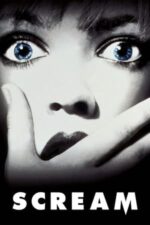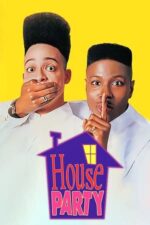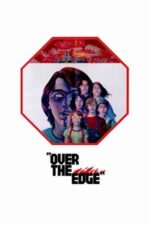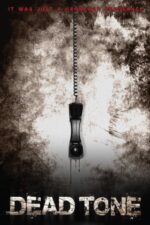Beyond the Punch Bowl: Exploring the Cinematic House Party
Isn't there something inherently fascinating about a house party? That contained chaos, that promise of connection (or awkwardness!), that feeling of being suspended between reality and something…else? It’s more than just people hanging out; it’s a microcosm of society, amplified by music, drinks, and the loosening of inhibitions. And filmmakers have been using this setting to explore everything from existential dread to first love for decades.
Think about Nuked, for example. The sheer absurdity of facing potential nuclear annihilation while tripping on cannabis is darkly hilarious, but it also highlights our coping mechanisms in the face of overwhelming fear. It’s a party gone horribly wrong, sure, but it's also a commentary on how we try to find joy and connection even when staring down oblivion. That feeling of shared panic, that desperate clinging to normalcy – it’s all amplified by the party setting.
Then you have something like Olmo. This isn't about impending doom; it's about the yearning for freedom and belonging. The house party represents a gateway to adulthood, a chance to escape responsibility and experience something new. It’s that classic coming-of-age moment – awkward conversations, stolen glances, maybe even a little mischief. I remember my own first "party" (more like a slightly supervised gathering with friends) feeling massive. The world felt suddenly bigger, full of possibilities! Olmo captures that sense of wonder and the bittersweet realization that growing up means leaving some things behind.
The house party isn't always about joy, though. Abigail’s Party, for instance, uses a seemingly innocuous gathering to expose simmering resentments and hidden anxieties within a group of married couples. The party itself becomes almost secondary; it’s the catalyst for uncomfortable truths to surface. It’s a brilliant example of how a confined space can amplify existing tensions.
And let's not forget I Love You, Alice B. Toklas! Harold’s journey into hippie culture is essentially a crash course in alternative living, and the parties he attends are vibrant, chaotic windows into that world. It’s a comedic exploration of societal norms and the search for authenticity – something many people experience at some point in their lives, often fueled by a desire to break free from expectations.
Ultimately, the house party as a cinematic device is so powerful because it's relatable. We all have memories associated with them - good, bad, or just plain weird. It’s a space where characters are forced to confront themselves and each other in ways they might not otherwise. So next time you see a film set at a house party, look beyond the music and the dancing – there's often something much deeper going on.
What about you? What’s your favorite cinematic house party moment?







































